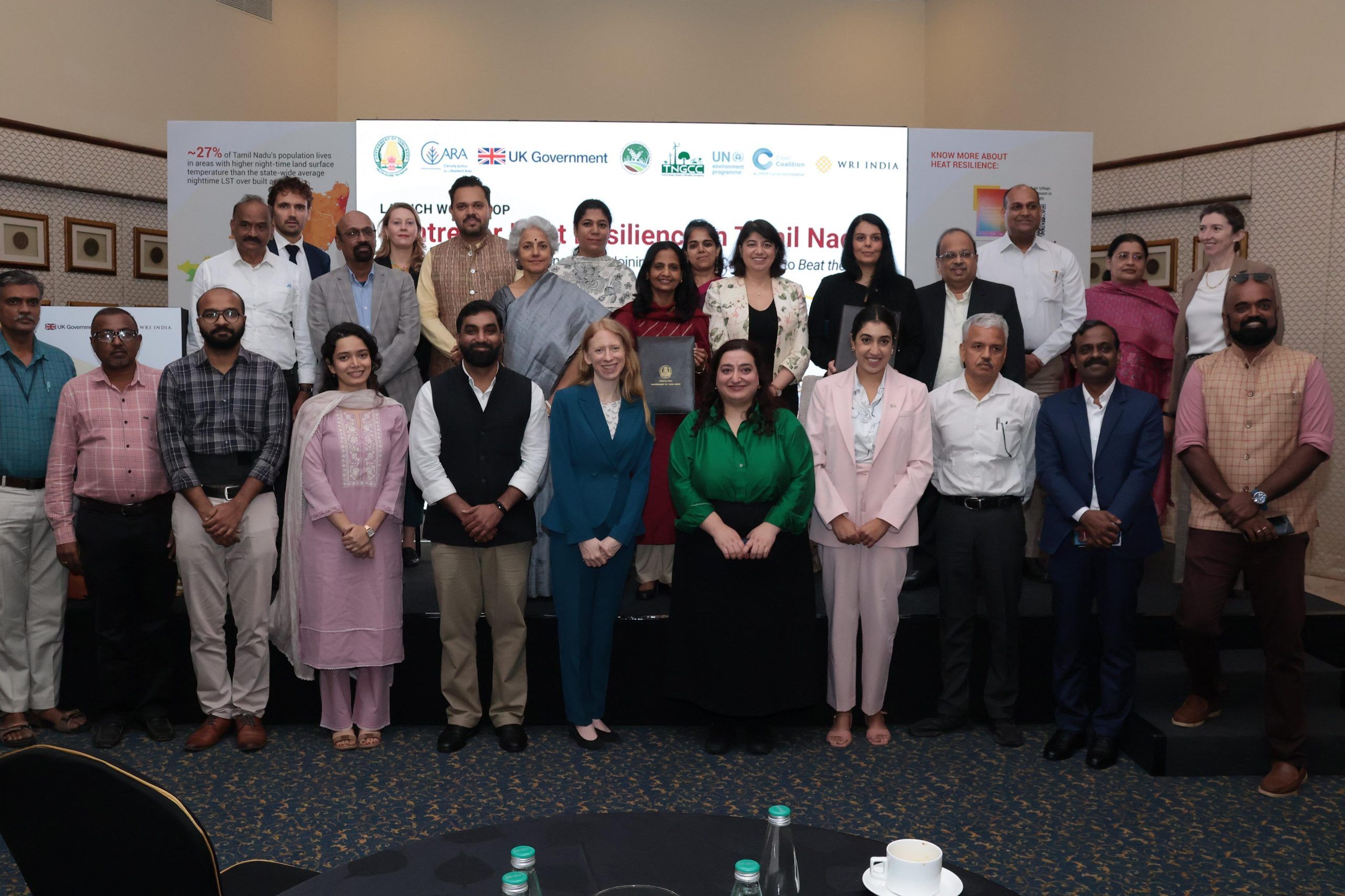Patna, India 13th July 2022: new state-level cold chain activities were launched with the State Government of Bihar that will accelerate sustainable cold-chain deployment, closing huge infrastructure gaps in rural packhouses (2,205 required in Bihar alone) and reefer transport, and tackle food loss and associated greenhouse gases (GHG) emissions.
Bihar is the first state being provided comprehensive support under the wider India Cold Chain Support Programme, led by the United Nations Environment Programme (UNEP), in partnership with Alliance for an Energy Efficient Economy (AEEE), Energy Efficiency Services Limited (EESL) and others, and being delivered under the framework of the Cool Coalition. This programme is supported by the Government of Denmark and the Clean Cooling Collaborative. The state-level programme was formally launched in Patna, Bihar by Mr. Nand Kishor, the Director of the Directorate of Horticulture, Bihar. His announcement was followed by a roundtable with stakeholders from the Bihar Government, cold chain owners/operators, industry organizations, research institutions and civil society organizations.
The launch event happened in parallel to a high-level meeting for the UNEP-Bihar partnership on developing Climate Resilient and Low Carbon Pathways for Bihar for eventual revision of the State Action Plan on Climate Change. The cold chain project will integrate into these pathways analysis on greenhouse gas emissions from food loss as well as climate mitigation, adaptation and developmental benefits of cold chain.
These efforts aim to support the implementation of the Indian Cooling Action Plan (ICAP) and contribute to government efforts on doubling farmers’ income, as well as curb emissions to achieve the goals of the Paris agreement, of the Kigali amendment to the Montreal protocol, and reduce food loss in support of the Sustainable Development Goals.
Dr. N. Saravana Kumar, Secretary – Department of Agriculture, Bihar: “The Cold chain Support Programme for Bihar comes at the right time: we welcome policy and planning support to expand cold chains, and the opportunity of EESL to help scale investments alongside private sector. We look forward to the capacity building and training planned under this programme, which will help develop a skilled workforce to support the development of upcoming cold chain infrastructure in Bihar.”
Mr. Arvind Kumar Chaudhary, Principal Secretary – Department of Environment, Forest and Climate Change, Bihar: “I am truly glad that Bihar is the first state selected for support from UNEPs national programme on cold chain. It is also highly appropriate that it was launched alongside meeting on Bihar’s low carbon plans on 13 July 2022. We cannot address greenhouse gas emissions and associated climate risks without confronting food insecurity and inequality in rural areas. Developing cold chain as a critical infrastructure will be important for the states’ ongoing strategy to develop low carbon plans.”

Source: Alliance for An Energy Efficient Economy



